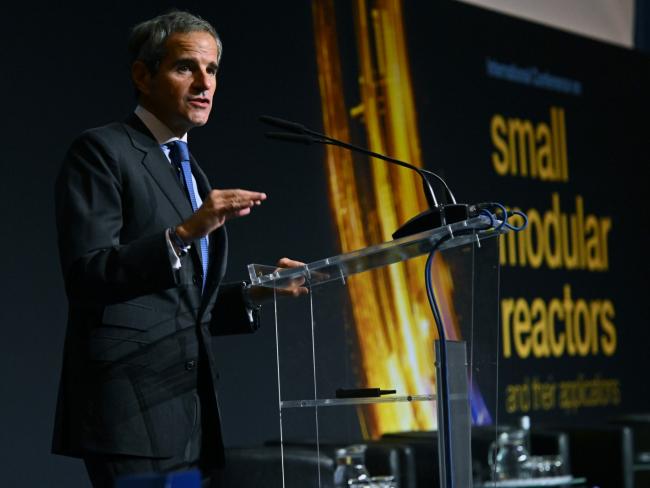16 November 2024

Small modular nuclear reactors (SMRs) can play an important role in future power generation for Britain. That’s widely agreed, but the government is delaying the go-ahead. Meanwhile the Czech Republic has selected Rolls-Royce to supply this technology.
Rolls-Royce is one of four firms selected for the next stage of evaluation, a process that has been running for several years. The new government seems to share the lack of urgency shown by its predecessor. Unless it changes course, there’s a risk to skilled Rolls-Royce workers and those in the supply chain.
Promises
What the nuclear industry needs is a decisive approach to nuclear procurement – both on Sizewell C and smaller reactors. The Labour government promised a decision both types of nuclear power generation this year, but has now put it back until next Spring at the earliest.
These decisions may well end up mired in a new infrastructure strategy, announced last month and due to appear in the Spring. A newly created body, the National Infrastructure and Service Transformation Authority, will be responsible, taking over from two existing organisations –ironically the justification was to “get a grip on delays”.
Ignoring Britain
The government has probably further added to delay by shunting the decision on SMRs to Great British Nuclear (yet another new body, formerly British Nuclear Fuels). And in doing so it also ignores the call made by trade union Unite to the last government that these reactors should be designed and built in Britain.
‘Governments could help to secure jobs and skills; they have chosen not to do so.’
Rolls-Royce is the only British company in the selection process; it is a world leader in the technology. By supporting British industry, governments could help to secure essential jobs and skills for the future. So far they have chosen not to do so.
Increasing demand
Nuclear power is not prone to fluctuations in wind or sun; it is a suitable source in place of coal, oil or gas for the continuous power generation that modern countries rely on. The global demand for electricity is increasing, and will continue to do so. The idea to “cut back on power use and rely on wind” isn’t going to work.
Advantage
Thirty one countries use nuclear power generation already and a similar number are planning to add it to their energy mix. The advantage of small modular reactors is they use proven technology. Much of the construction can be carried out in factories with standard components, with the aim of reducing risk and cost.
The Czech tie-up for Rolls-Royce is a limited, but positive step. The potential for using SMRs is being widely considered – from an International Atomic Energy Authority SMR conference last month to an agreement between Google and a US energy company to develop SMRs to power its data centres.
